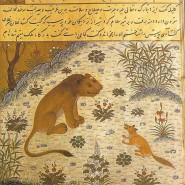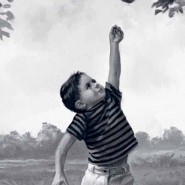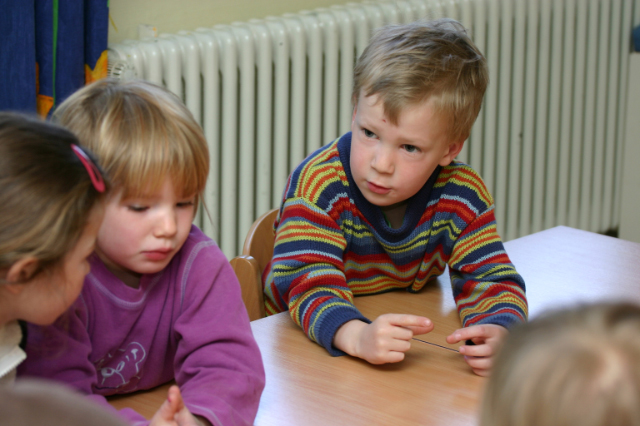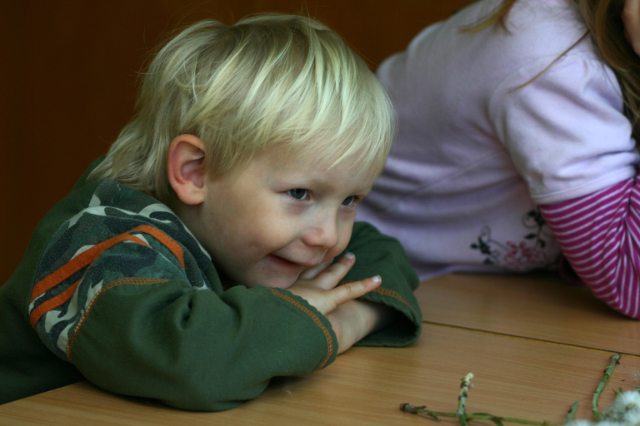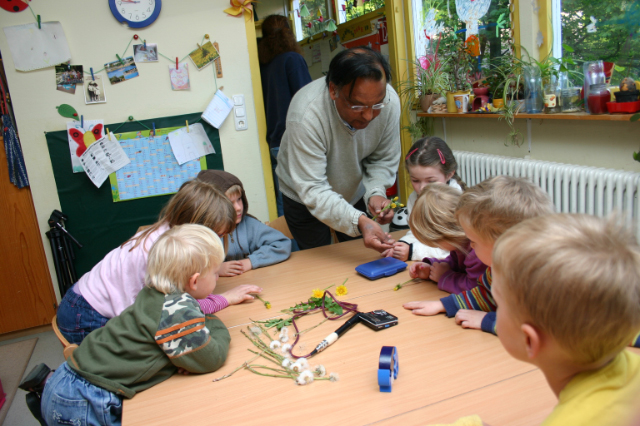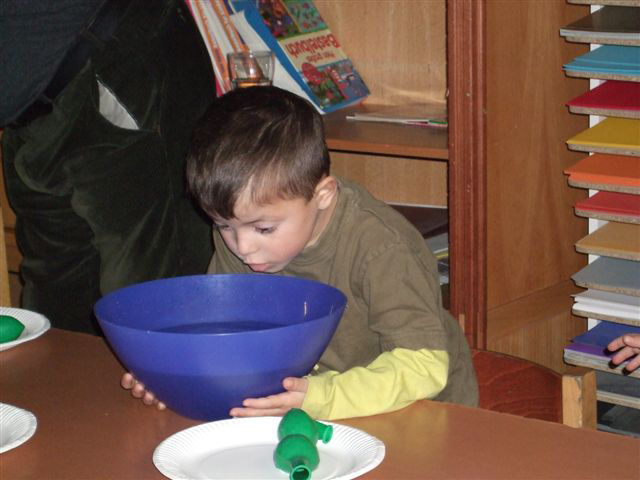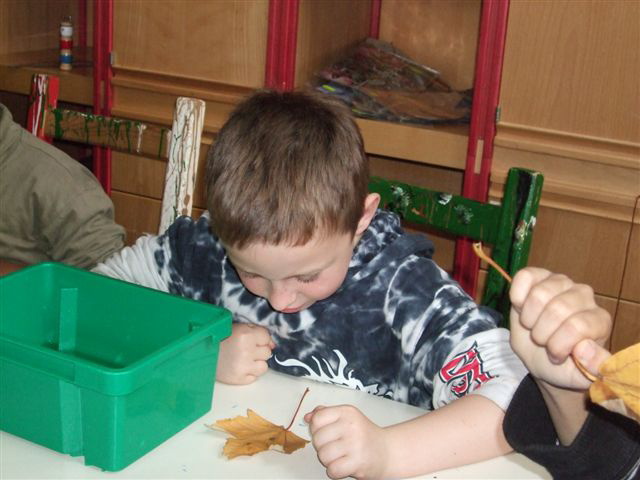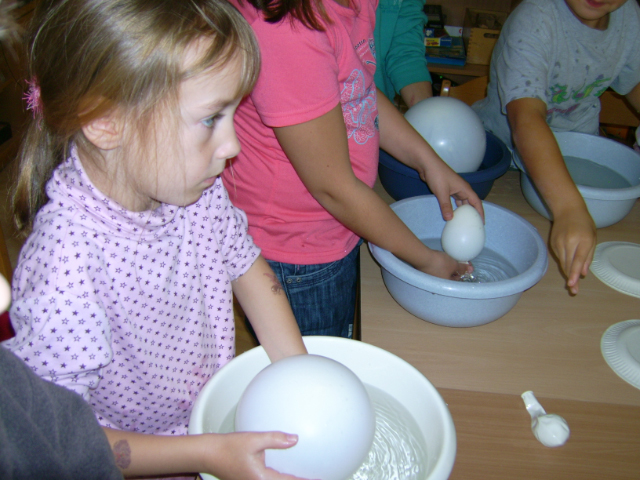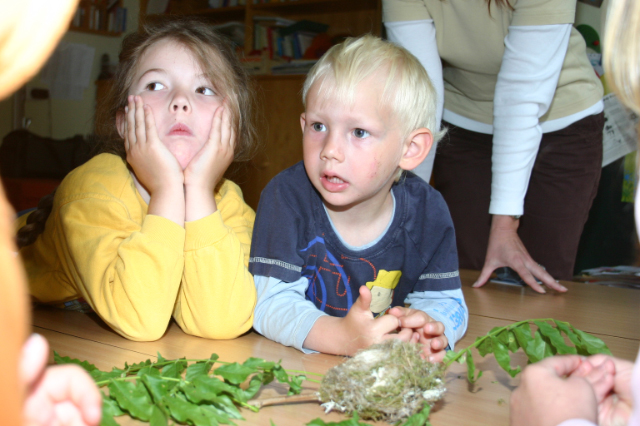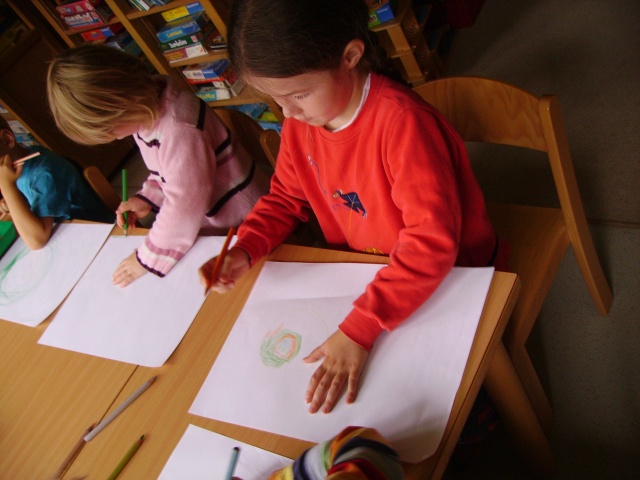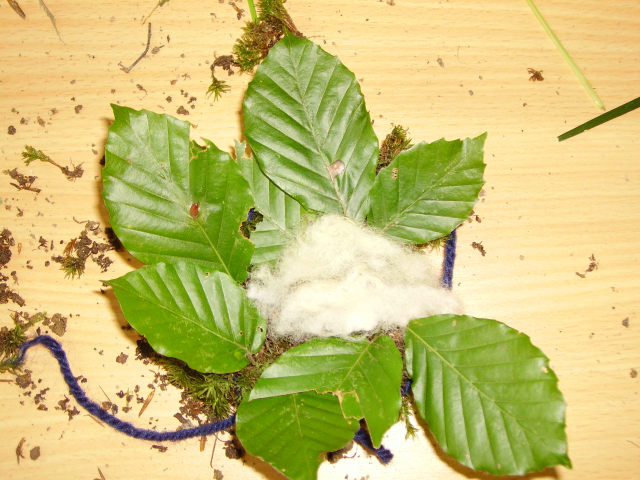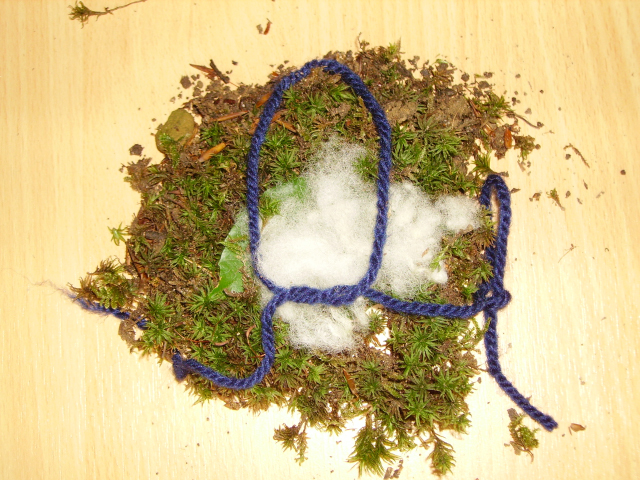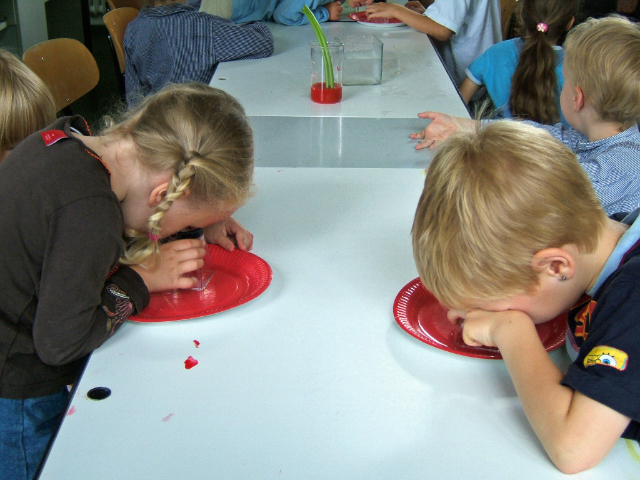The Enigma of Science Education
Chapters: | 1 | 2 | 3 | 4 | 5 | Next |
Integrating Contemporary Research and Practice
I initially started developing new ideas to cope with failure of students simply from my own observation but soon discovered that there was literature coming primarily from researchers in the field of cognitive science and cognitive development psychology that could help me to structure my ideas more effectively.
Before presenting the actual teaching-method and results from a small group of German students it is necessary to discuss the following:
- How is science education structured today: Is it influenced by research or is there a gulf between research and practice?
- What have we, the science teachers, learnt about learning. What can we learn from cognitive science and cognitive psychology about how children develop scientific concepts?
Knowledge is not passively received
The aim of science teaching is to discover secrets behind the phenomena of the natural world. In this context teachers and children have to think and work like scientists. But working like scientist implies a step by step process of explorations, thereby developing new questions, ideas, concepts and skills. The majority of science curricula on the other hand regard the child as lacking the scientific method and offer “ready made” explanations of scientific laws, telling the students what to think instead of making strategic use of capacity children already possess. The lack of coherent themes and systematic knowledge-building is evident. Children who are keen to investigate, observe, imagine and to reflect on their own ideas find it difficult to understand and accept answers to questions which are not based on their own enquiry process. They do not want to get answers to questions which they have never put.
Chapters: | 1 | 2 | 3 | 4 | 5 | Next |
